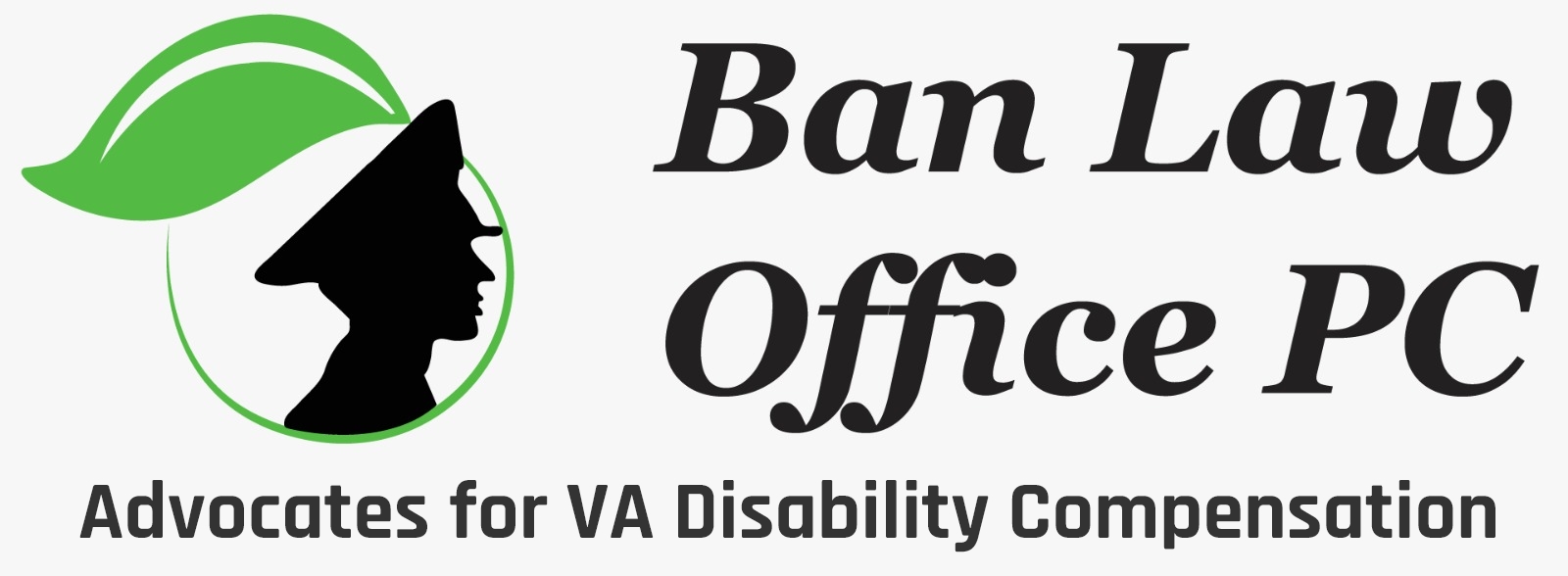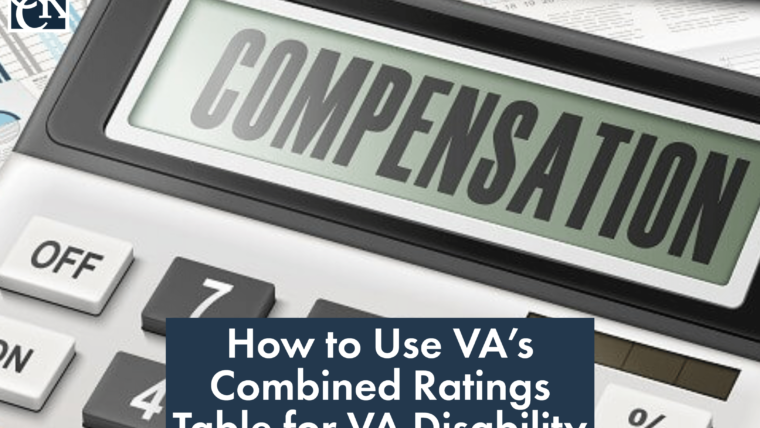Navigating the legal landscape when dealing with Post-Traumatic Stress Disorder (PTSD) can be daunting. Whether you’re a veteran, a survivor of abuse, or have experienced any form of trauma, securing the right legal representation is crucial. PTSD attorneys specialize in handling cases that involve this complex mental health condition, offering the expertise and sensitivity needed. This article explores the vital qualities to look for in a PTSD attorney to ensure you receive the support and justice you deserve.
Understanding PTSD and Legal Implications
Definition of PTSD
Post-Traumatic Stress Disorder (PTSD) is a mental health condition triggered by experiencing or witnessing a traumatic event. Symptoms may include flashbacks, severe anxiety, and uncontrollable thoughts about the event. Recognizing these symptoms is crucial in understanding the legal protections and accommodations necessary for individuals with PTSD.
Legal Challenges Faced by PTSD Sufferers
PTSD sufferers often face unique legal challenges, including discrimination, wrongful termination, and difficulties in accessing benefits. Navigating these issues requires a nuanced understanding of both mental health and the legal system, highlighting the need for specialized legal representation.
The Role of a PTSD Attorney
Case Types Handled by PTSD Attorneys
PTSD attorneys manage a variety of cases, including disability claims, workplace discrimination, personal injury, and veterans’ benefits. Their role is to advocate for their clients’ rights and ensure they receive fair treatment and compensation.
Importance of Specialized Legal Representation
Specialized legal representation is critical for PTSD sufferers. A PTSD attorney understands the intricacies of mental health law and can navigate the legal system effectively, providing the necessary support and expertise to handle sensitive cases.
Essential Qualities in a PTSD Attorney
Empathy and Compassion
Empathy and compassion are fundamental qualities in a PTSD attorney. These traits enable the attorney to connect with clients on a personal level, understanding their struggles and providing the emotional support needed during legal proceedings.
Expertise in PTSD Cases
A deep understanding of PTSD and its implications is essential. This expertise allows the attorney to build strong cases, presenting evidence that accurately reflects the client’s experiences and challenges.
Strong Communication Skills
Effective communication is key in legal representation. A PTSD attorney must clearly explain legal processes, options, and strategies, ensuring the client is well-informed and comfortable with the proceedings.
Experience in Handling Similar Cases
Experience in handling PTSD-related cases equips an attorney with the knowledge and skills necessary to navigate complex legal issues. Reviewing an attorney’s past cases and success rates can provide insight into their ability to manage your case effectively.
Understanding of Medical and Psychological Aspects
An effective PTSD attorney should understand the medical and psychological aspects of PTSD. This knowledge helps in accurately presenting the client’s condition and its impact on their life, which is crucial for building a strong case.
Commitment to Client Confidentiality
Maintaining client confidentiality is paramount. A trustworthy attorney ensures that all information shared by the client is protected, fostering a safe and secure environment.
Strong Advocacy Skills
Strong advocacy skills are essential for representing clients in court. A PTSD attorney must be able to present compelling arguments, cross-examine witnesses effectively, and navigate courtroom dynamics to advocate for their client’s best interests.
Educational Background and Certifications
Relevant Legal Education
A robust educational background in law, with a focus on mental health law, is vital. An attorney with this specialization is better equipped to handle the unique challenges of PTSD cases.
Certifications and Special Training in PTSD-Related Cases
Certifications and special training in PTSD-related cases demonstrate an attorney’s commitment to this field. These credentials indicate a higher level of expertise and dedication to providing quality legal representation for PTSD sufferers.
Experience and Track Record
Importance of Experience
Experience is a key indicator of an attorney’s capability. An experienced PTSD attorney has likely encountered a variety of cases and developed strategies to handle complex legal issues effectively.
Reviewing Past Cases and Success Rates
Evaluating an attorney’s past cases and success rates can provide valuable insights into their expertise. Look for an attorney with a proven track record in securing favorable outcomes for clients with PTSD.
Client Testimonials and Reviews
Importance of Reviews
Client testimonials and reviews offer firsthand accounts of an attorney’s performance. Positive feedback from previous clients can give you confidence in the attorney’s ability to handle your case.
How to Evaluate Testimonials
When evaluating testimonials, consider the specific aspects of the attorney’s service that are highlighted. Look for comments on their empathy, communication skills, and success in achieving favorable outcomes.
Initial Consultation: What to Expect
Preparing for the Consultation
Preparing for the initial consultation involves gathering relevant documents and information about your case. Be ready to discuss your experiences and the impact of PTSD on your life.
Questions to Ask Your Attorney
During the consultation, ask questions to gauge the attorney’s experience, expertise, and approach to handling PTSD cases. Inquire about their success rates, fee structure, and how they plan to manage your case.
Understanding Legal Fees and Costs
Fee Structures
Legal fees can vary significantly. Understanding the different fee structures, such as hourly rates or contingency fees, will help you manage your legal expenses effectively.
Managing Legal Expenses
Managing legal expenses involves discussing payment options and seeking clarity on potential costs. A reputable attorney will provide a transparent breakdown of fees and help you plan accordingly.
Building a Strong Attorney-Client Relationship
Importance of Trust
Trust is the cornerstone of a successful attorney-client relationship. An attorney who prioritizes transparency and honesty helps build a strong foundation of trust.
Regular Communication
Regular communication ensures you are informed about the progress of your case. An attorney who maintains open lines of communication demonstrates their commitment to your case.
Setting Expectations
Setting clear expectations from the outset helps prevent misunderstandings. Discuss the legal process, potential outcomes, and timelines with your attorney to ensure you are on the same page.
The Legal Process in PTSD Cases
Initial Case Evaluation
The initial case evaluation involves reviewing your case details and determining the best course of action. This step is crucial for developing a strategic legal plan.
Evidence Gathering
Gathering evidence is a critical part of building a strong case. This may include medical records, witness statements, and documentation of the trauma’s impact on your life.
Court Proceedings
Court proceedings can be stressful, but a skilled PTSD attorney will guide you through each step. They will represent your interests and ensure your case is presented effectively.
Settlements vs. Trials
Deciding between a settlement and a trial involves weighing the potential outcomes and benefits of each option. Your attorney will help you make an informed decision based on your case specifics.
Resources and Support for PTSD Clients
Support Groups
Support groups provide a sense of community and understanding. They offer a platform to share experiences and receive emotional support from others who understand your challenges.
Counseling Services
Counseling services are essential for managing PTSD symptoms. An attorney familiar with PTSD will often recommend reputable counselors and mental health professionals.
Legal Aid Organizations
Legal aid organizations can offer additional resources and support. They may provide financial assistance, legal advice, and other services to help you navigate your case.
Importance of Confidentiality and Trust
Confidentiality Agreements
Confidentiality agreements protect your personal information and ensure that sensitive details about your case are not disclosed without your consent.
Building Trust with Your Attorney
Building trust with your attorney involves open communication and mutual respect. An attorney who prioritizes your well-being and keeps your best interests in mind will help foster a trusting relationship.
Advocacy and Representation in Court
Courtroom Demeanor
An attorney’s demeanor in court can significantly impact the case outcome. A confident, respectful, and articulate attorney will effectively advocate for your rights.
Presentation of Evidence
Presenting evidence accurately and compellingly is crucial. Your attorney should be adept at showcasing how the evidence supports your case and highlights the impact of PTSD on your life.
Witness Testimonies
Witness testimonies can strengthen your case. Your attorney will identify and prepare witnesses who can provide valuable insights and support your claims.
Handling Emotional Stress During Legal Proceedings
Coping Strategies
Coping strategies, such as mindfulness and relaxation techniques, can help manage the emotional stress of legal proceedings. Your attorney may recommend specific approaches to support your mental health.
Support Systems
Having a robust support system is vital. Friends, family, and support groups can offer emotional and practical assistance throughout the legal process.
Attorney’s Role in Managing Stress
An empathetic attorney will recognize the emotional toll of legal proceedings and provide the necessary support. They may offer resources, recommend coping strategies, and ensure you feel heard and understood.
Choosing the right PTSD attorney is essential for navigating the complex legal landscape and ensuring your rights are protected. By prioritizing qualities such as empathy, expertise, and strong advocacy skills, you can find an attorney who will effectively represent your interests. Remember to evaluate educational background, experience, and client testimonials to make an informed decision. With the right legal representation, you can achieve a favorable outcome and receive the support you need.




